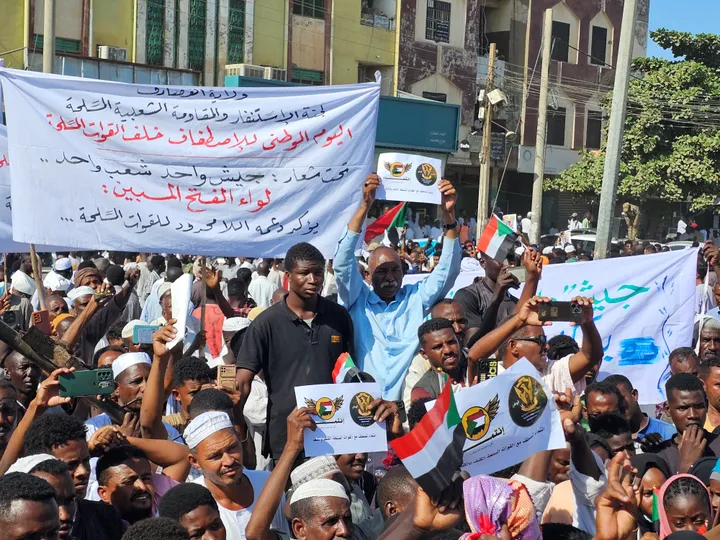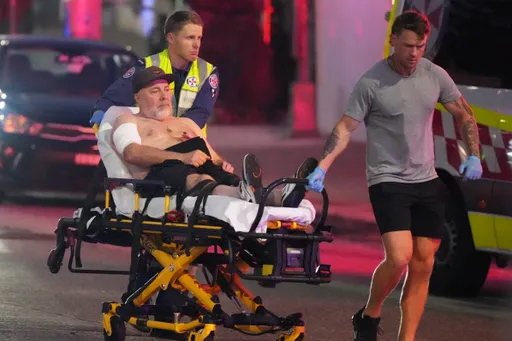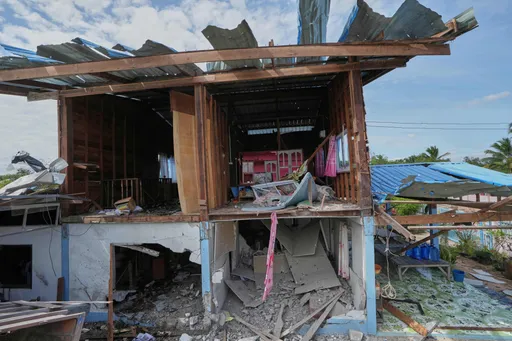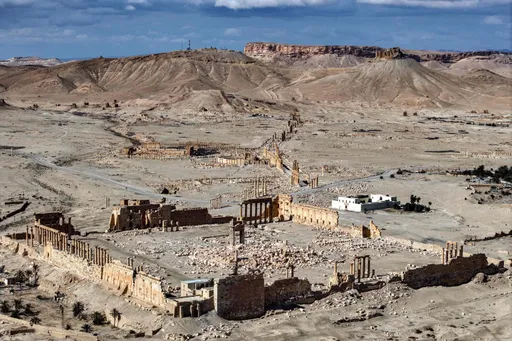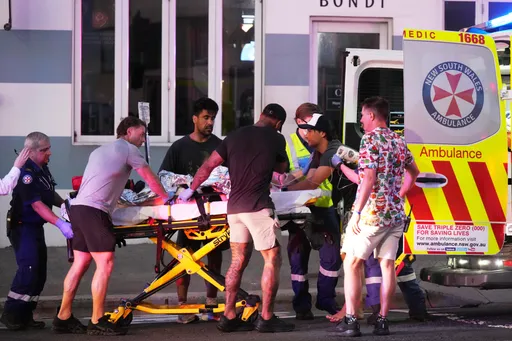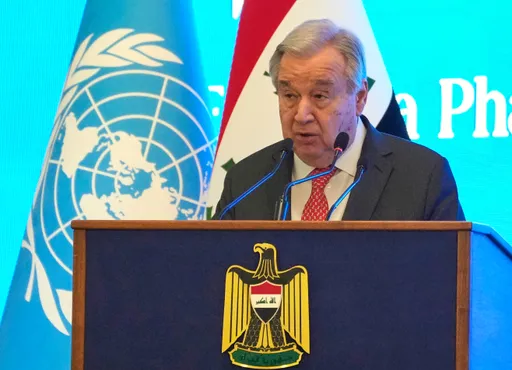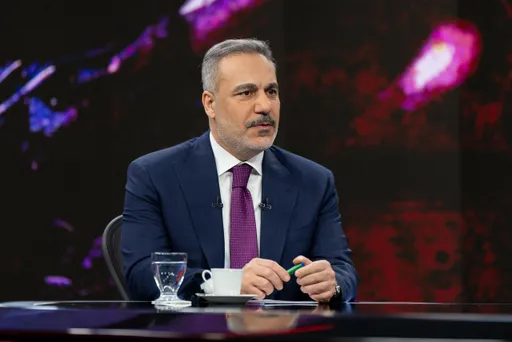It’s been two and a half years of fighting and disappointment not only for the families of those who were killed in 2020’s August 4 blast in Beirut’s port, but also for the thousands more who suffered from injuries and from the destruction of their homes and businesses after half the city was damaged.
The investigation has yielded little in the way of answers or accountability. Instead, there has been a change in judges, 18 lawsuits against the investigating judge by those called in for questioning, four suspensions, and a gunfight on the streets.
Now, legal experts and some politicians are saying the investigation may be at a “turning point,” as it faces exceptional threats from within the judiciary.
'A coup against the probe'
There was a glimmer of hope in the third week of January 2023 as the most recent 13-month suspension in the blast investigation was brought to an end suddenly by the investigating judge, Tarek Bitar. Bitar called more than a dozen high-ranking officials in for questioning, including the former prime minister, Hassan Diab, former interior minister, Nouhad Machnouk, former minister of public works, Ghazi Zeaiter, and Lebanon’s top public prosecutor, Ghassan Oueidat.
But no sooner than Bitar had sent out the calls for questioning, the public prosecutor hit back, saying the investigation was still suspended. Oueidat also ordered the release of all detainees, and called Bitar in for questioning, along with pushing for his removal during a meeting of the higher council of judges.
“We're calling this a coup against the investigation. It's the level of illegality that we are against, it’s so clear,” Ghida Frangieh, a lawyer with the Lebanese legal rights organisation Legal Agenda, told TRT World. “There's a consensus among the legal community that this is a very big violation of the fundamentals of justice, and of legality.”
According to both Frangieh and Judge Tarek Bitar, Public Prosecutor Oueidat doesn’t have jurisdiction over the investigation, and therefore, has no right to release detainees. He actually recused himself from the investigation in 2020 due to a family connection with the accused minister of public works, Ghazi Zeaiter, and has, himself, been called in for questioning due to his awareness that the ammonium nitrate that caused the explosion was being stored in the port.
Bitar justifies relaunching the investigation as he considers himself a ‘special judge’ in charge of a ‘serious crime’ that cannot be recused and therefore deems he has the power to continue the investigation, explains Frangieh.
A show of violence
“What we've seen for more than a year are continuous barriers and obstructions to the course of justice, as well as political interference by the establishment that has rendered Judge Tarek Bitar incapable of doing his work,” said Michel Moawad, independent politician and presidential nominee, from outside of the Palace of Justice.
Moawad was one of a number of politicians who went to the Palace of Justice to meet the minister of justice to address their fears regarding the future of the investigation. They said they were not reassured.
“We are seeing cracks in the system itself, and right now, it's clear that there is a divide within the judicial system. All of this means only one thing: a coup against justice, truth, and accountability,” said Moawad.
Cracks in the system have been shown since the beginning of the investigation. Bitar was not the first judge; his predecessor, Fadi Sawan, was replaced after he made the mistake of calling in politicians for questioning (they accused him of having a conflict of interest as his own house was damaged in the blast). Numerous politicians have used their impunity to avoid questioning and filed lawsuits against the judge, despite calls to drop their impunity in the public interest.
And in a chilling show of violence reminiscent of the civil war, a protest against Judge Bitar ended in a gun battle on the streets between Hezbollah supporters and what were thought to be Lebanese Forces in support of the investigation, demonstrating the political divide and the potential for unrest over the case.
“The deterioration that has been going on since the political assassinations 15 years ago [has] continued with the same pattern; we saw the explosion of the 4th of August, and we saw, basically, the judicial system paralyzed and unable to do anything,” said Yassine Yassine, another independent politician who met with the minister of justice.
However, he and many others see the investigation—and the possibility of justice itself —as being at a turning point. “I do believe we are at a new crossroads where the law is completely disregarded and it shows who really has the power and the country,” said Frangieh. “This has never happened before.
”The families of the victims have long called for an international investigation, but this latest ‘turning point’ has more people agreeing that might be the only way forward. Lawyer Ali Abbas told TRT World that many judges owe their positions to politicians and therefore, are essentially ‘in their pockets’ — meaning that in the case of a serious crime in which both politicians and judges are implicated, justice is jeopardised.
“They don't want there to be a final decision, because his final decision will be a big shock to the Lebanese community because we have very big names in the file,” said lawyer Ali Abbas. “They want to stop this thing, because, like everything they do from the civil war until now [...] nobody takes responsibility.”
Many in the Lebanese legal community have said from the outset that it’s vital this investigation is carried out nationally, as the country needs to have a functioning judiciary and outsourcing justice is a poor long-term plan.
However, with a judiciary so tied to the political class—and now with this latest debacle that appears to indicate that even judges are not abiding by the law—many are wondering whether this is actually possible.


